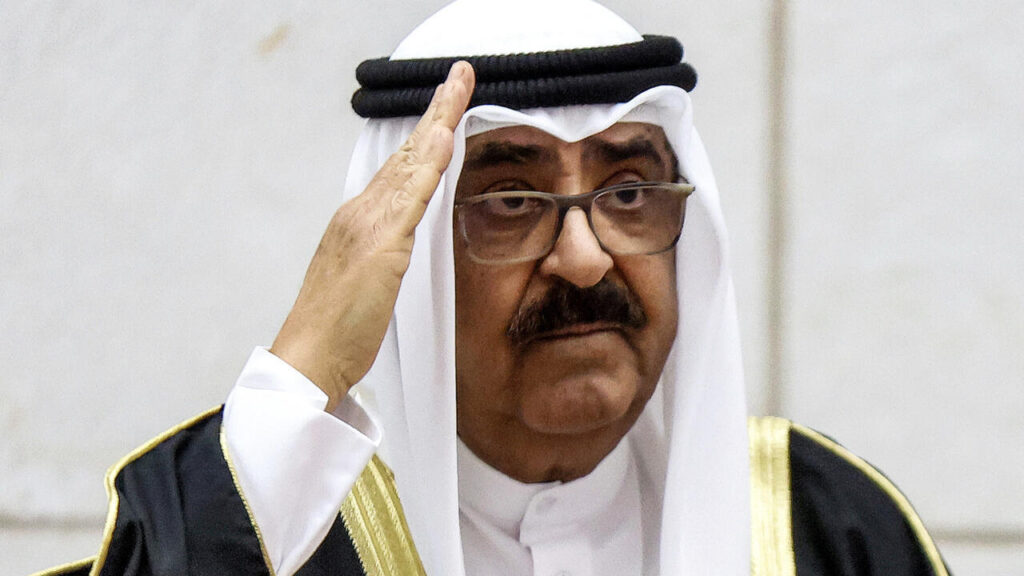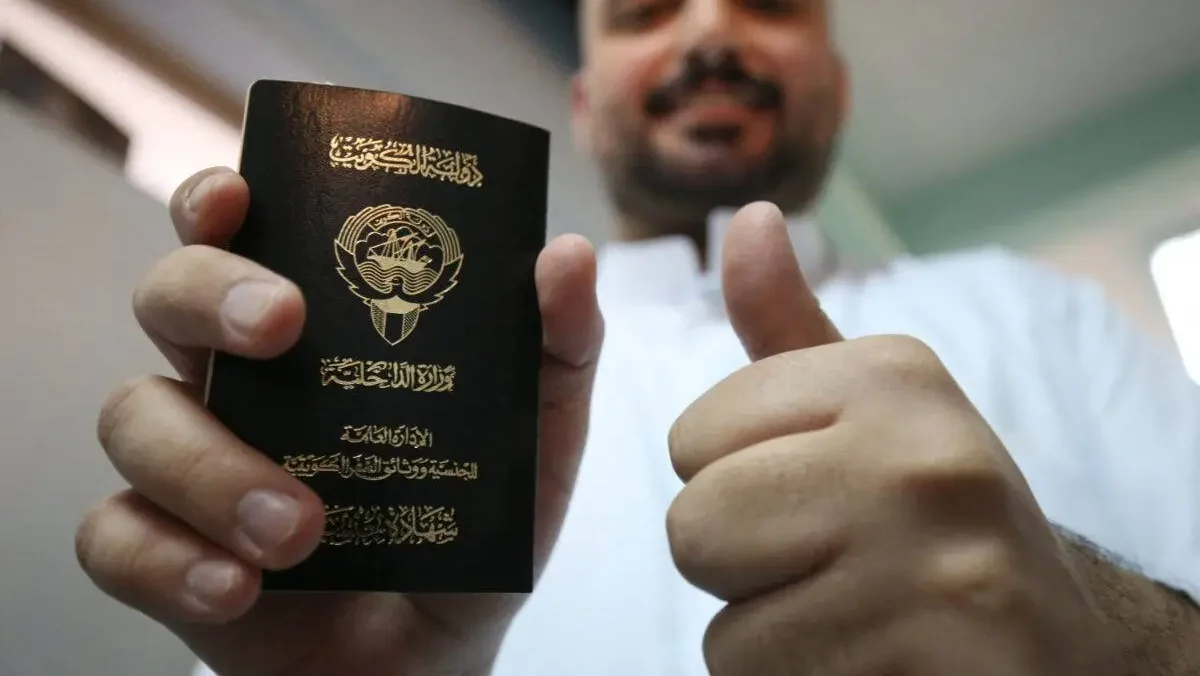Kuwait’s Mass Citizenship Revocations Raise Global Alarms
Kuwait has found itself at the center of growing international scrutiny after revoking the citizenship of over 42,000 individuals in less than a year. The move, unprecedented in scope, has sparked serious concerns among human rights organizations, legal experts, and international observers. Many fear that the decision is part of a broader trend toward authoritarian governance, potentially leaving thousands stateless and stripped of their basic rights.
While Kuwaiti officials claim the mass revocations are aimed at protecting national security and preserving the state’s identity, critics argue that these measures target dissent, silence political opposition, and violate international human rights standards. The sweeping nature of the move—and the speed with which it has been carried out—has led many to question the true intent behind the policy shift.
Legal Amendments Behind the Citizenship Purge
The wave of citizenship cancellations began between August and December 2024, when Kuwait’s Supreme Committee for Nationality Investigation, headed by First Deputy Prime Minister Sheikh Fahd Al Yousef, launched a large-scale review of national records. Within just a few months, over 35,000 individuals had their nationality revoked. By January 2025, the number had surged past 42,000.

This drastic action was enabled by new legal powers introduced through Decree-Law No. 116/2024, which amended Kuwait’s 1959 Nationality Law. The revised legislation significantly broadened the government’s ability to withdraw nationality based on a wide range of criteria, including:
- Convictions related to national security
- Actions deemed disrespectful to religious values
- Alleged damage to the country’s international relations
- Any behavior perceived as a threat to public order or state loyalty
One of the most controversial aspects of the amendment is its retroactive application, allowing authorities to punish individuals for actions committed years—or even decades—ago, before such laws were in place. Legal experts say this sets a dangerous precedent and violates fundamental principles of justice and rule of law.
A Human Crisis: The Real-World Impact
Citizenship revocation may appear on paper as a bureaucratic process, but for the people affected, it is a life-shattering event. Kuwait does not permit dual citizenship, meaning that those who lose their nationality often become stateless overnight.
Stateless individuals in Kuwait face immense barriers in daily life. Without citizenship, they are effectively cut off from vital services, including:
- Access to healthcare and public hospitals
- Enrollment in schools and universities
- Legal employment opportunities
- Issuance or renewal of passports, ID cards, or driving licenses
In some cases, people have been unable to register births, marriages, or property ownership. Several individuals discovered their loss of nationality only when applying for a government service or trying to leave the country. Many reported receiving no prior notice or explanation, compounding the psychological and financial toll.
Among those most affected are members of the Bidoon community—a stateless minority in Kuwait long excluded from full rights. Advocates warn that this mass revocation will further marginalize the Bidoon, pushing them deeper into poverty and legal limbo.
Rights Organizations: “A Clear Human Rights Violation”
In response to the escalating crisis, nine international human rights organizations—including Human Rights Watch, MENA Rights Group, and SALAM for Democracy and Human Rights—issued a powerful joint statement condemning Kuwait’s actions.
Their demands include:
- Immediate suspension of all citizenship revocations
- Reinstatement of nationality for those stripped of it without due process
- Amendments to Decree-Law No. 116/2024 to align it with global human rights norms
- Establishment of legal safeguards to ensure fair hearings and the right to appeal
“These actions not only undermine Kuwait’s commitments under international law but also set a dangerous example for other governments in the region,” said a spokesperson from MENA Rights Group.
International law, including Article 15 of the Universal Declaration of Human Rights, guarantees the right to nationality and prohibits arbitrary deprivation of citizenship. Critics argue Kuwait is in direct violation of these principles.
Crackdown on Democracy and Freedoms
The citizenship purge is widely seen as part of a larger political crackdown. In May 2024, the Kuwaiti government dissolved the recently elected parliament, suspending parts of the constitution and consolidating power under the executive branch. Several lawmakers and critics of the regime have been silenced, exiled, or stripped of legal protections.
Analysts believe that the current citizenship campaign is less about national security and more about eliminating dissent. Some of those targeted reportedly had ties to opposition movements or had criticized government policies on social media and in public forums.
“There’s a clear pattern emerging,” said one Gulf-based political analyst. “The government is not just tightening legal controls—it is actively reshaping society to suppress political diversity and debate.”
The retroactive application of the law also suggests a strategic move to revisit old grievances and neutralize former critics by erasing their legal identity altogether.
A Pattern of Political Targeting
This is not the first time Kuwait has used citizenship as a weapon. In 2014, the government revoked the nationality of five outspoken individuals, including activists and journalists. Human Rights Watch described the move at the time as a warning to others not to challenge the ruling establishment.
What makes the current situation alarming is its scale and scope. Never before has Kuwait revoked nationality on this level. With tens of thousands now affected, the move has raised red flags among global watchdogs, regional allies, and diplomatic missions.
“This is no longer a targeted campaign—it’s a structural shift,” said a legal researcher familiar with the region. “Kuwait is moving from isolated acts of repression to institutionalized suppression.”
Government Defends Its Position
Kuwaiti officials remain firm in their stance, insisting the government is acting within its legal rights to safeguard national unity. They argue that only individuals convicted in court or proven to have acted against state interests are being targeted.
In statements to the media, the Supreme Committee for Nationality Investigation emphasized that due process had been followed, citing judicial rulings and security assessments. However, the lack of transparency, limited legal recourse, and vague language in the law continue to raise questions.
Despite growing domestic and international outcry, there has been no indication that the government intends to pause or reverse the revocations.
What Comes Next? A Call for Global Pressure
With pressure mounting, many are calling on the United Nations, regional human rights councils, and Gulf Cooperation Council (GCC) members to intervene diplomatically and urge Kuwait to halt the revocations.
Legal scholars argue that international accountability mechanisms—such as human rights reviews, sanctions, or diplomatic negotiations—may be necessary to prevent further abuses. Meanwhile, affected individuals are left in a legal vacuum, with no official appeal process, limited access to courts, and mounting fears about their future.
Without strong international action, observers warn, Kuwait’s actions could inspire similar measures across the region—where citizenship laws are often opaque, and state power remains unchecked.
Final Thoughts
The mass citizenship revocations in Kuwait mark a turning point in the Gulf state’s political evolution. Framed as a national security measure, the policy has instead exposed the fragility of civil rights in the region and revealed a deeper erosion of democratic principles.
For tens of thousands of people, the consequences are immediate and devastating. For the international community, the moment calls for urgent action to protect fundamental rights, hold governments accountable, and preserve the principle of nationality as a legal right—not a political weapon.
Do follow gulf magazine on Instagram
for more information click here



